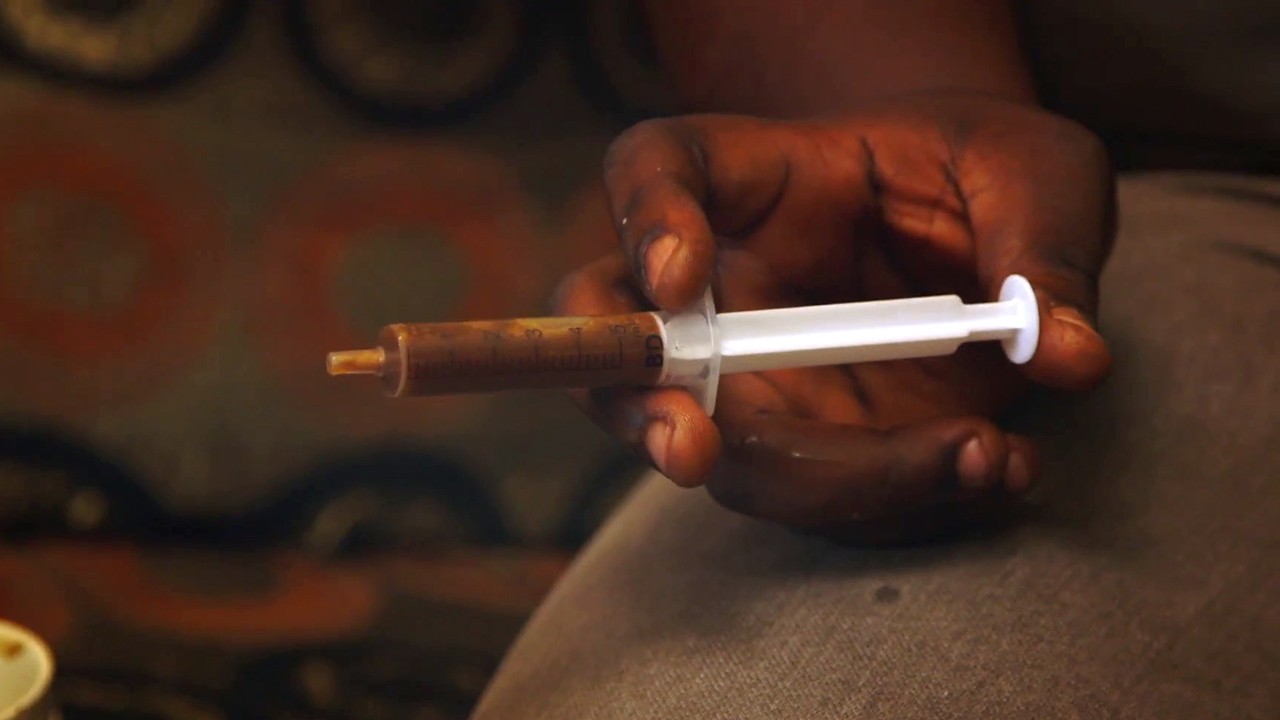Getty Images
The Democratic Republic of the Congo (DRC) said Monday it shutdown the Internet following Sunday’s contentious presidential election so the public wouldn’t be “indoctrinated” by “fictitious results.”The government stopped all access to the internet, along with the sharing of videos and images, text messaging and access to a public service radio station.Kinshasa said it initiated the blanket censorship to stop the spread of fake results, and to prevent chaos before the real results were announced next week.“There are people who have indoctrinated the public with false numbers about this election. This has laid the groundwork for a popular uprising," Barnabe Kikaya Bin Karubitold, diplomatic adviser to President Joseph Kabila, told AFP.The ban is set to remain in place until the official result is announced on Jan. 6.The extreme measures have been condemned by international governments and activists who claim the actions of Kabila’s national security council are akin to the online censorship practices of Beijing.“The government is blatantly lying when it says it wants to stop the spread of fake news, when in fact the aim of the shutdown is to prevent people from shedding light and transparency on a dubious electoral process, and on post-election repression,” Julie Owono, executive directors of Internet Without Borders, told VICE News.“We are extremely worried by the sophistication of censorship in the DRC which reminds of methods used in China.”READ: A slaughter in silenceLeading western powers issued a joint statement Tuesday condemning the shutdown, and calling on the Congolese government to restore the connection for its citizens.
"We request that the government refrains from blocking means of communication, in particular, access to the internet and the media," read the statement issued by the European Union, the United States, and the Canadian and Swiss heads of mission in Kinshasa.Radio France Internationale (RFI), which is widely listened to in the Francophone country, said its broadcasts have been jammed since Monday, and its reporter, Florence Morice, has been banned from covering the election.The country’s two main election monitoring groups — the National Episcopal Electoral Conference of Congo (Cenco) and Symocel, an alliance of citizens' observer missions — are still trying to get access to the election count.The election, which was touted as the DRC’s first democratic handover of power since independence in 1960, was scheduled to be held two years ago. However, Kabila refused to step down, saying the government needed more time to register voters.Sunday’s vote was disrupted by the ongoing regional conflict, logistical problems and an Ebola outbreak, with numerous reports of citizens being forced to vote for particular candidates by the army.As the count continues, three of the 21 presidential candidates have claimed to be on course to win: Emmanuel Ramazani Shadary, who is Kabila's favored candidate; Felix Tshisekedi, who now leads his late father Etienne's UDPS party; and another opposition leader, Martin Fayulu.The internet shutdown in the DRC was not unexpected. In the build-up to the election, the government decreed that mobile phone networks increase the cost of data bundles by 60 percent, severely limiting people’s ability to access information online.The country has also suffered previous shutdowns, most recently when Kabila announced in 2016 that he would not be stepping down, a move that led to violent protests.“Internet shutdowns don't stop the spread of fake news, on the contrary, they create chaos, and cast doubt on elections results, Owono added. “We're calling on all regional elections monitoring missions to include this censorship in their assessment of the vote in the DRC, as credible evidence of election irregularities.”A report last year from Freedom House warned that China is exporting its surveillance technology and methods to countries around the globe, including to many African nations.“Exporting both the technology to control the internet and the practices are now part of what China is attempting to propagate in the rest of the world,” Michael Chertoff, secretary of Homeland Security under George W. Bush, told reporters at the time of the report’s launch. Cover image: A polling official counts votes in a school in Kinshasa on December 30, 2018, during Democratic Republic of Congo's general elections. (LUIS TATO/AFP/Getty Images)
Cover image: A polling official counts votes in a school in Kinshasa on December 30, 2018, during Democratic Republic of Congo's general elections. (LUIS TATO/AFP/Getty Images)
Advertisement
Advertisement
Advertisement

